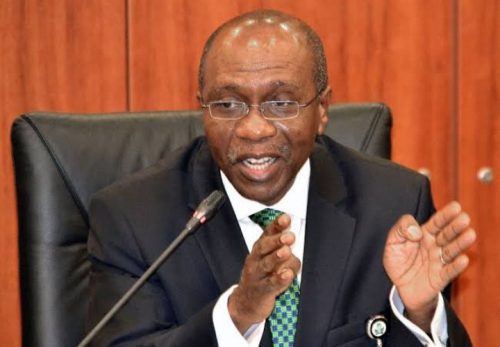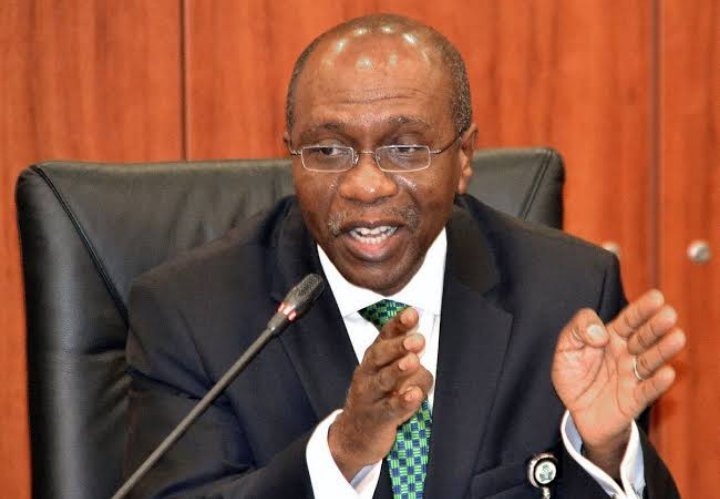The Central Bank of Nigeria has mandated the Deposit Money Banks to set up teller points at designated branches across the country to fulfil legitimate FX request for Personal Travel Allowance, Business Travel Allowance, tuition fees, medical payments, SMEs transactions among others.
This comes two days after the CBN stopped the sale of Forex to Bureau De Change operators in the country after the Monetary Policy Committee meeting in Abuja on Tuesday.
In a circular signed by the Director of Banking Supervision Department, CBN, Haruna Mustafa on Wednesday to all banks, it stated that banks should make sure that customer is turned back or refused FX.

The circular titled Re: Teller points at bank branches for the sale of FX to retail customers, reads below;
“Further to the Monetary Policy Committee briefing of July 27, 2021, all Deposit Money banks are hereby reminded to set up teller points at designated branches across the country to fulfil legitimate FX request for Personal Travel Allowance, Business Travel Allowance, tuition fees, medical payments, SMEs transactions among others.
“In this regard, DMBs are also required to adequately publicise the locations of the designated branches and make necessary arrangements to sell FX to customers in cash and/or electronically in compliance with extant regulations.
“DMBs are strongly advised to ensure that no customer is turned back or refused FX, provided that documentation and all other requirements are satisfied.
“Equally, undue delays, rationing and or diversion of FX is strongly discouraged, while DMBs are required to establish electronic application and alert systems to update customers on status of their FX requests.
“As communicated during the briefing, a toll-free line has been set up at the CBN for bank customers to escalate unresolved complaints related to their FX requests.
“The CBN will continue to closely monitor banks conduct and compliance with this directive in order to ensure an efficient FX market for all legitimate users.
“Please, note that any breach of the directive will be severely sanctioned.”
Source: Punch





